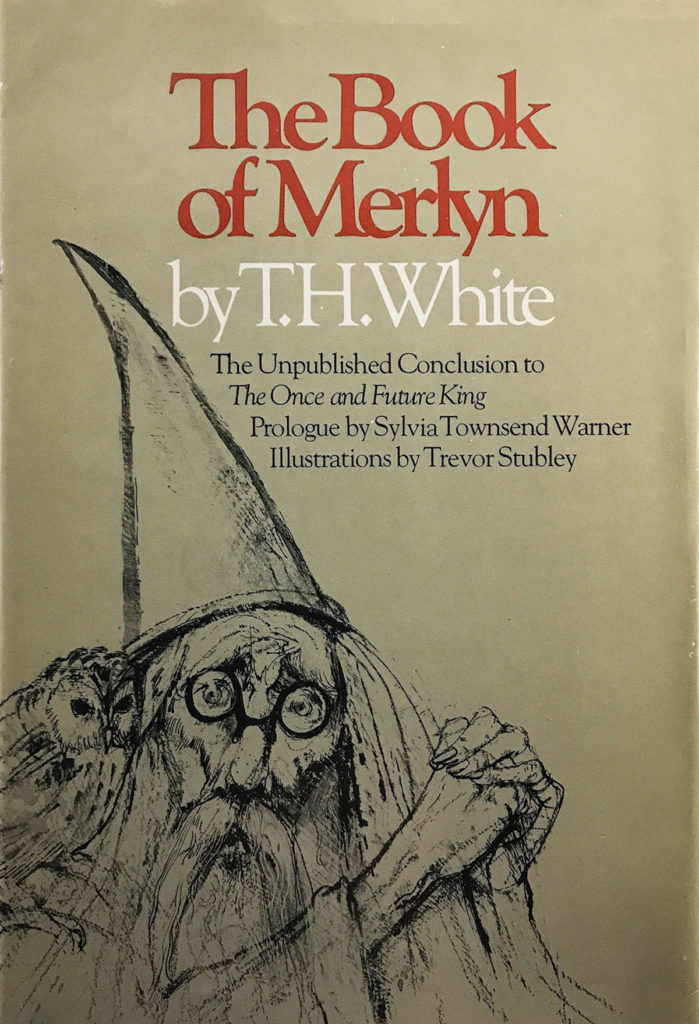
“You may grow old and trembling in your anatomies, you may lie awake at night listening to the disorder of your veins, you may miss your only love, you may see the world about you devastated by evil lunatics, or know your honor trampled in the sewers of baser minds. There is only one thing for it then — to learn.
The best thing for being sad,” replied Merlin, beginning to puff and blow, “is to learn something. That’s the only thing that never fails.”
T.H. White, The Once and Future King (1938)
Ever since I was a little girl I was eager to learn. I wanted to know about faraway places, from the Himalayas to Mayan ruins. I wanted to learn about writers, artists, thinkers, researchers, and even the L.A. Lakers. I followed the top 50 songs from Murray the K and Cousin Brucie. I cried over Jane Eyre and was enthralled by Cathy and Heathcliff wandering the moors. I read, l listened to radio, and I watched television and films on Million Dollar Movie.

Somehow those limited sources provided inspiration and piqued my curiosity about the world. It is gratifying to read that the wizard Merlin provided the same instruction to a young King Arthur, if perhaps it didn’t include Cousin Brucie.
In many ways, I haven’t changed all that much. I find that, during the pandemic, my need to unearth both useful and useless information has only grown. My curiosity not only helps fill my time stuck at home but also soothes my current monkey mind.
Reading and learning has become my escape from feelings of hopelessness. Some people drink or eat or nap, some watch Netflix for hours a day, and some cleave to social media. Of course there are other ways to fill the time, from actual paid work from home for those fortunate enough to have jobs, to doing home-based volunteer work, to reaching out to people through Zoom or by phone, or perhaps even to cleaning one’s home (or making sourdough bread).
But my mind needs to be fed, and so these days I have been reading—scores of Kindle and hard-cover and paperback books (Ann Cleeves, Alice Hoffman, Alka Joshi, Charles Portis, Nancy Mitford, Lily King, Olaf Olafsson, Hilary Mantel, Britta Das, Toni Morrison, Sally Rooney, Richard Zimler, William Trevor, Elizabeth Stout, William Dalrymple, Jose Saramago, Fatima Farheen Mirza, Laura Lippman, Camilla Grebe, Torquil MacLeod, Ann Patchett, Kate Atkinson, Lisa See, and many more).
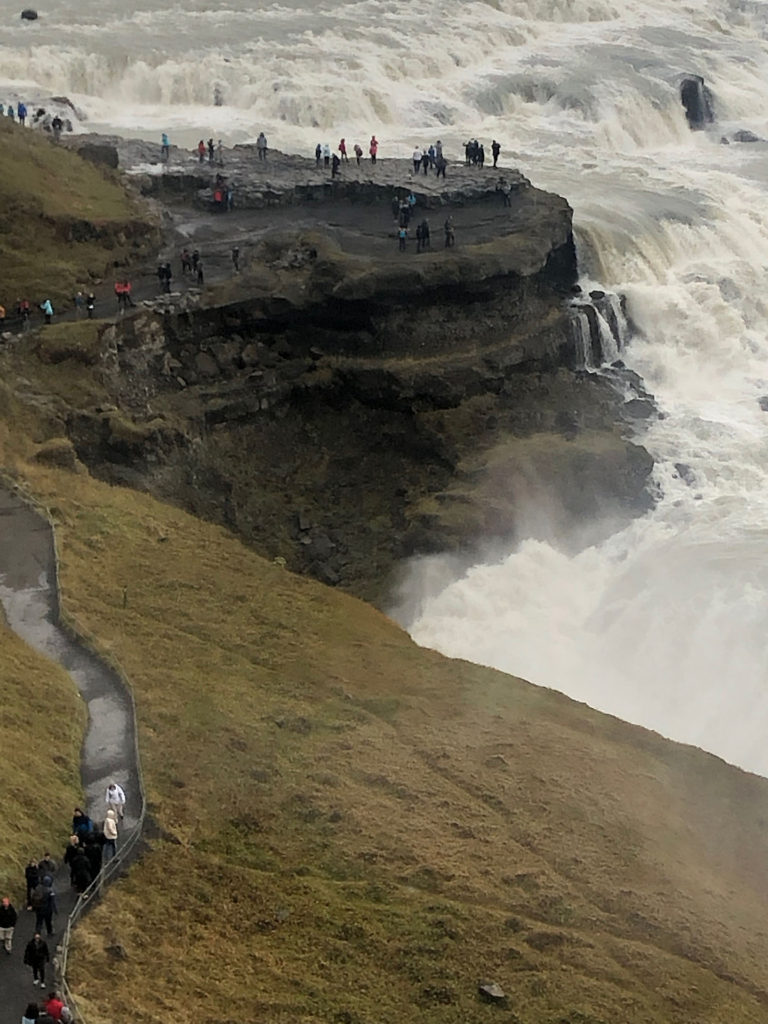
I read uplifting fiction and trashy fiction, murder mysteries, thrillers, memoirs, histories, and even young adult weepies. My gauge of good reading, as with films and television, is if it engages me and touches my heart or spirit. My soul seems to need that during these challenging times.
I stream films and television series, but I always seem to be looking up stories and facts about what’s on screen. I want to know where something was filmed, whether or not Covid-19 is increasing there, what other films the director helmed, and what an actor’s background is.
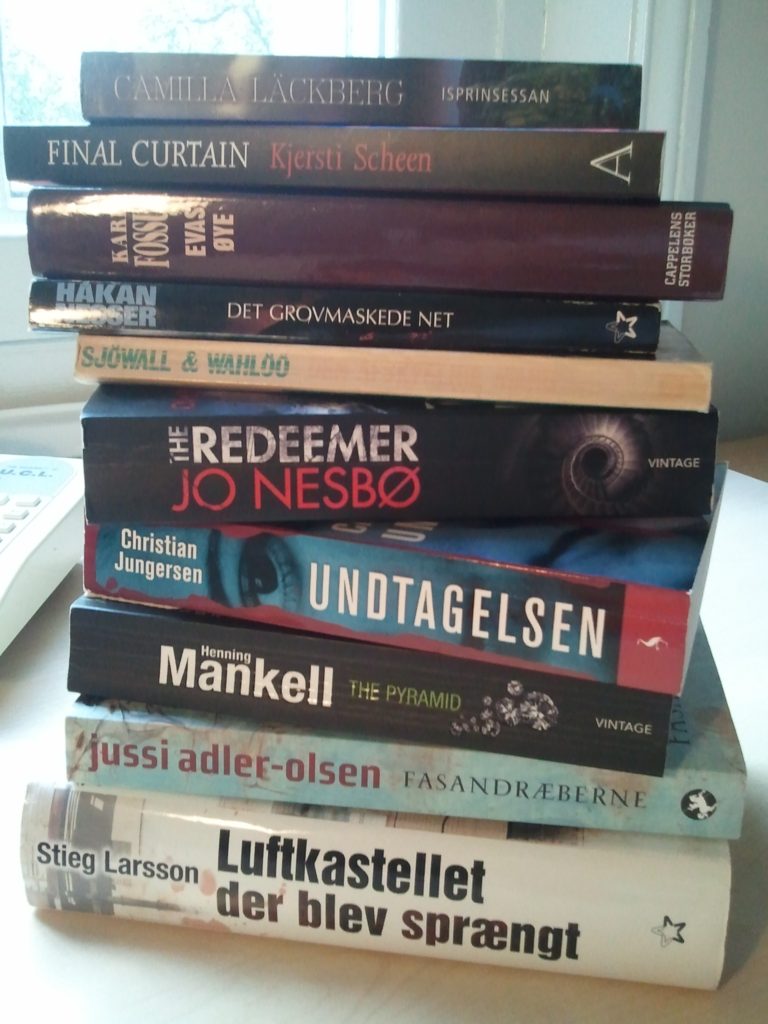
I am constantly looking links up for everything from Gershwin’s Concerto in F,” to “Black is King” review, and from “The Pursuit of Love by Nancy Mitford” to “A Guide to Nordic Noir.” The digital age makes it easier both to assuage one’s curiosity and to learn, but ease is not important if the spark to know is absent.
At the Core of Curiosity: Nature or Nurture?
“Information is all around us, now more than ever before in human history. You barely have to stir or incommode yourself to find things out. The only reason people do not know much is because they do not care to know. They are incurious. Incuriosity is the oddest and most foolish failing there is.”
Stephen Fry, The Fry Chronicles

Our brains award us for being curious. The search for information is universal: birds do it, bees, do it, I assume that even educated fleas do it. All animals and humans seek information about their environment so they know how to navigate it.
For the purposes of science, the difference between seeking information and being curious is in motivation. If you seek knowledge because you have to, as for school or for work, it is classified as an external motivation and not curiosity. But if you long to know an answer for your own needs—that’s internal motivation and classified as curiosity.
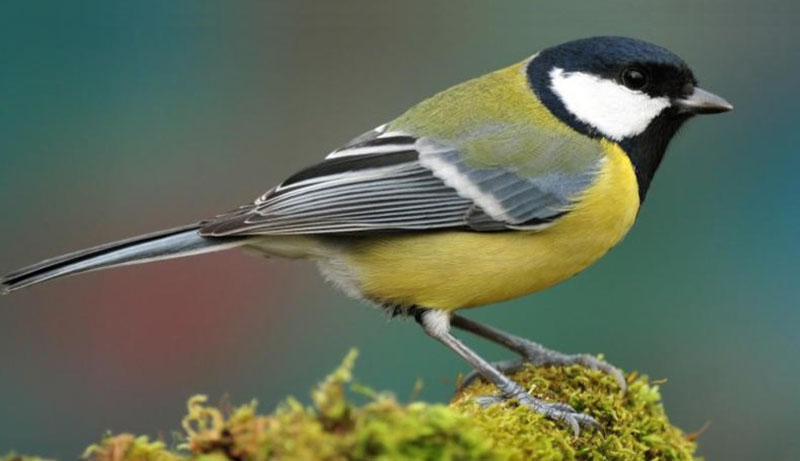
Researchers at the Max Planck Institute for Ornithology in Seewiesen, Germany, published a study in Molecular Ecology, February 9th, 2010, positing the existence of what they called a “curiosity gene” (Drd4) in certain tit birds. The gene’s influence on the birds’ behavior differed between wild populations. The gene is responsible for creating receptors for the neurotransmitter dopamine. Like birds, when humans pursue new information through curiosity they are also rewarded with the release of the pleasure-inducing chemical dopamine. One variant of the gene, DRD4-7R, is called the “wanderlust gene” and is associated with the urge to travel. Some 20 percent of the population has this variant, and I believe I may have both.
But the curiosity gene is unique in humans. In his book Why? What Makes Us Curious (2017), astrophysicist and author Mario Livio wrote that
“Curiosity inspires the most exciting things in our lives, from conversation to reading books to seeing films. It drives all scientific research, and education. Other species are curious, but they don’t have the ability to ask why….
“But every now and again, you have someone, like Einstein, who comes up with something that is not in the air at all. And that is how Einstein’s general relativity is. To this very day, I cannot understand how he thought of that. So that’s the kind of thing that I’m in awe of.”
Mario Livio, Why? What Makes Us Curious
“The important thing is not to stop questioning. Curiosity has its own reason for existing.”
Albert Einstein
What Makes One Curious?
Most people have curiosity about what interests them, whether it is the “Real Housewives of Beverly Hills” or the chances of the Mets breaking even. Expanding that curiosity to include a wider world can affect feelings of empathy, excitement about taking steps to discover the world (once this rotten pandemic is over), managing to find a life’s work that is satisfying, and even spending days in lockdown without losing spirit.
How to Raise Curious Children
“I think, at a child’s birth, if a mother could ask a fairy godmother to endow it with the most useful gift, that gift would be curiosity.”
Eleanor Roosevelt
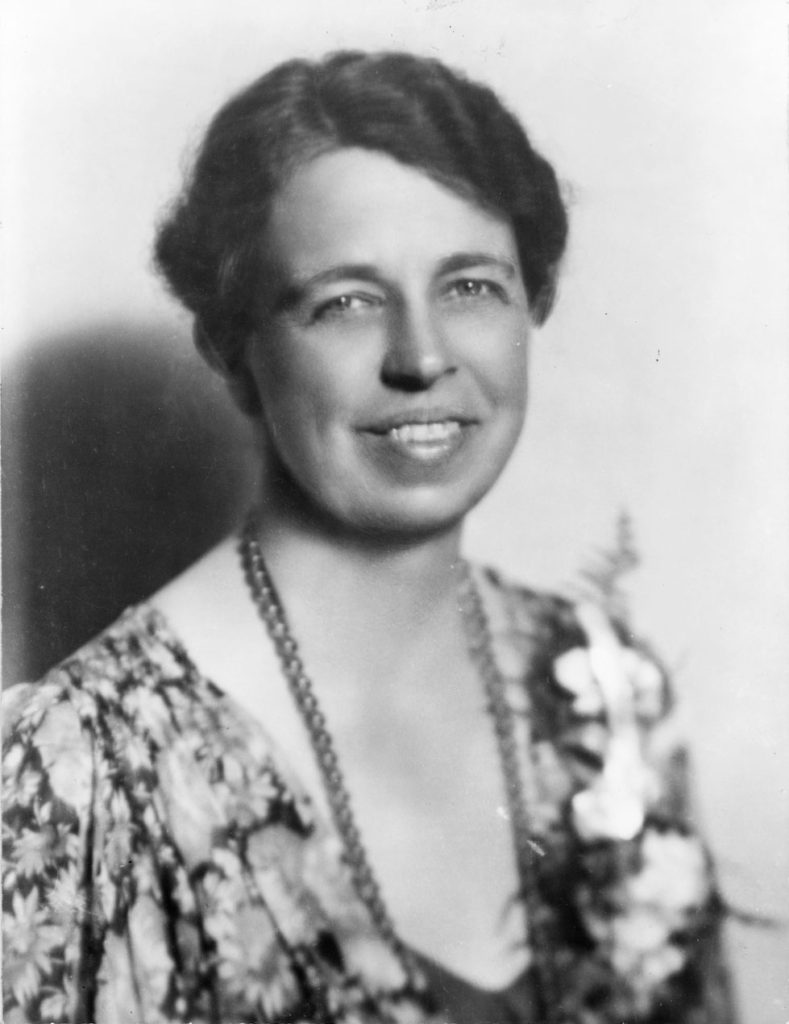
One of the main reasons that I was a curious child was that I read. I have to say that my own mother fueled my ability to be curious by always honoring literature and the arts, but I took it from there. Long a dreamer and frustrated by life in a small town (and, looking back, perhaps by past tragic events in my family), I did not share what I loved. It was like my own Secret Garden.
Parenting may have been more hands-off in the 1950s; here are some ways in which parents can inspire curiosity in children today:
- Surprise a child with a new activity
- Tell open-ended stories
- Be prepared to answer questions (and encourage them to ask more)
- Introduce them to discover new cultures through food, stories, maps, and media.
- Let them explore and make mistakes on their own, within the borders of safety.
- Observe their interests and encourage their own observations
- Use the library or help them discover their interests online
- Be a good role model: find your own path of interests

When you encourage your child’s curiosity, you are supporting a life of discovery and helping her to overcome obstacles in the future. Acknowledge that sometimes it can be frightening to face new ideas, new activities, and new discoveries. And, of course, sometimes following curiosity beyond the bounds of safety can be dangerous. But the rewards of following your interests are life-changing.
I think it especially appropriate to consider the positive benefits of learning during these challenging times, for people of any age. There are an inexhaustible number of things to learn, and we can create Camelot in our own hearts. Because while stuck at home, your mind is free to fly anywhere; borders do not encompass it.
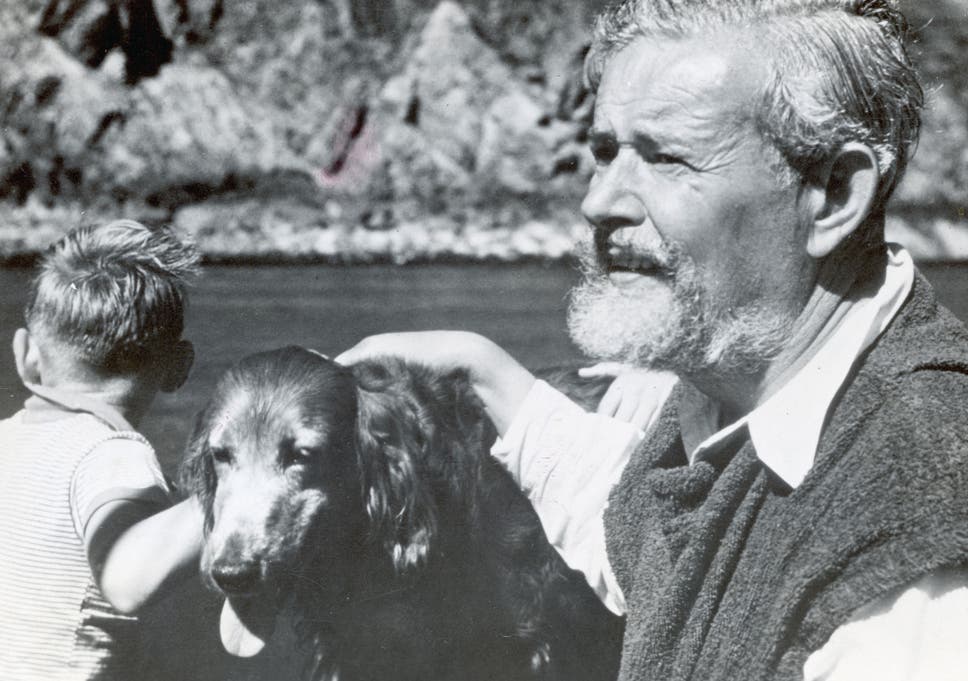
As T. H. White wrote:
“Learn why the world wags and what wags it. That is the only thing which the mind can never exhaust, never alienate, never be tortured by, never fear or distrust, and never dream of regretting. Learning is the only thing for you. Look what a lot of things there are to learn.”
T.H. White, The Once and Future King
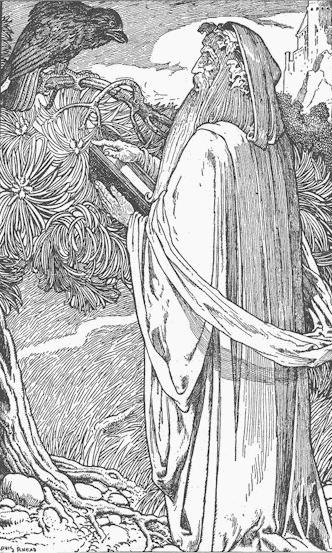

Wonderful post! Can’t wait to meet you in real life once it’s safe to…I have the curiosity gene too: when I was in
7th grade I wrote an essay titled “If People Weren’t Curious.”
I can tell that we have a lot in common…looking forward to meeting you soon.